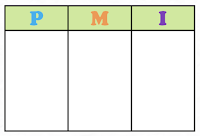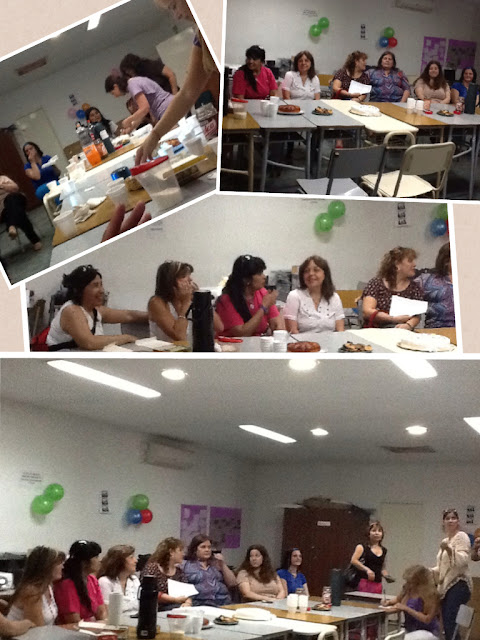Building stories
Everybody likes listening to a good story. Have you ever wondered why? What do you think about this statement? Do you agree? A story can put your whole brain to work. This article may give you a few ideas on the power of storytelling. The Science of Storytelling . Which are, in your opinion, the main concepts? What do you think about the suggestions for telling stories? Do you have any of your own? There are a million ways in which we can tell a story. An interesting game to develop a number of skills is the following: "This quasi-experimental web site is designed to foster visual thinking and build stories. It draws upon collections of photos specified by a tag in Flickr . You are dealt five random photos for each draw, and your task is to select one each time to add to a selection of images, that taken together as a final set of 5 images- tell a story in pictures." F ive Card Stories Give it a try and then share your pr



